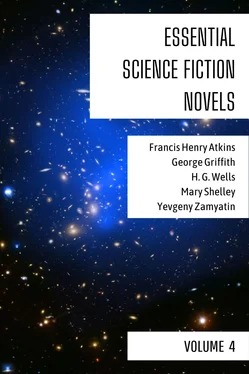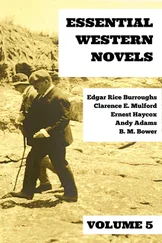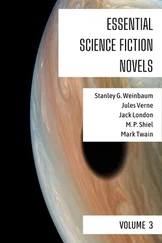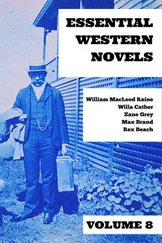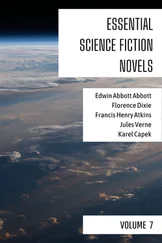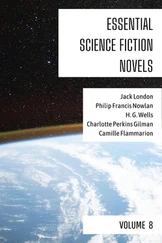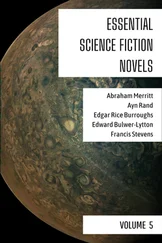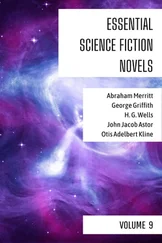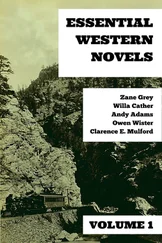“If you are interested in the geography, here it is—Lebedyan, in the most Russian Tambov province about which Tolstoi and Turgeniev wrote so much. Chronology?—The end of the ’eighties and early ’nineties, then Voronesh, the Gymnasium pension , boredom and rabid dogs on Main Street. One of these dogs got me by the leg. At that time I loved to make different experiments on myself, and I decided to wait and see whether I would or would not get the rabies and what is most important, I was very curious: What would I feel when the time would come for the rabies (about two weeks after the bite)? I felt a great many things, but two weeks later I did not get the rabies, therefore I announced to the inspector in the school that I got the rabies and must go at once to Moscow for vaccination.
“In the Gymnasium I would get A plus for composition and was not always on good terms with mathematics. Perhaps because of that (sheer stubbornness) I chose the most mathematical career—the ship-building department of the Petrograd Polytech.
“Thirteen years ago in the month of May—and that May was remarkable in that the snow covered the flowers—I simultaneously finished my work for my diploma and my first short story. The short story was published in the old Obrazovanye .
“Well, what else do you want? That meant that I was going to write short stories and was going to publish them. Therefore for the following three years I wrote about nothing but ice cutters, steam engines, refillers and ‘The Theoretical Exploration of the Works of Floating Steam Shovels.’ I couldn’t help myself. I was attached to the chair of Ship Architecture and busied myself with teaching in the ship-building faculty, where I teach until now.
“If I mean anything in Russian Literature, I owe this completely to the Petrograd Secret Service. In 1911 this service exiled me from Petrograd and I was forced to spend two years in a non-populated place in Lachta. There, in the midst of the white winter silence and the green summer silence, I wrote my Provincial . After that the late Ismaylov expressed in print his belief that I wore very high boots and was a long-haired provincial type, carrying a heavy stick, and he was later very much surprised that I ‘didn’t look a bit like that.’ Incidentally, ‘not a bit like that’ I became in England where, during the War, I spent about two years, building ships and visiting the ruins of ancient castles. I listened to the banging of the German Zeppelin bombs and wrote a short novel The Islanders .
“I regret immensely that I did not witness the Russian Revolution in February and know only the October Revolution, because it was in October, a life preserver around my body and all the lights out, passing German submarines, that I returned to Petrograd. Because of this I felt like one who never having been in love gets up one morning and finds himself married about ten years.
“Now I write little, perhaps because my requirements towards myself become greater. Three new volumes are in the hands of the publisher and begin to be published only now. The fourth will be my novel We , the funniest and most earnest thing I have written. However, the most serious and most interesting novels I never wrote. They happened to me in my life.”
Zamiatin continues to live in Russia and continues to live with Russia, but such is the sarcasm of Fate that the first Russian novel giving a real synthesis of the Russian revolution and its greater universal meaning, this novel written by Zamiatin, should remain unknown to the Russians in Russia.
Gregory Zilboorg.
New York , 1924.
An Announcement
The Wisest of Lines
A Poem
This is merely a copy, word by word, of what was published this morning in the State newspaper:
“In another hundred and twenty days the building of the Integral will be completed. The great historic hour is near, when the first Integral will rise into the limitless space of the universe. A thousand years ago your heroic ancestors subjected the whole earth to the power of the United State. A still more glorious task is before you,—the integration of the indefinite equation of the Cosmos by the use of the glass, electric, fire-breathing Integral . Your mission is to subjugate to the grateful yoke of reason the unknown beings who live on other planets, and who are perhaps still in the primitive state of freedom. If they will not understand that we are bringing them a mathematically faultless happiness, our duty will be to force them to be happy. But before we take up arms, we shall try the power of words.
“In the name of The Well-Doer, the following is announced herewith to all Numbers of the United State:
“Whoever feels capable must consider it his duty to write treatises, poems, manifestoes, odes and other compositions on the greatness and the beauty of the United State.
“This will be the first load which the Integral will carry.
“Long live the United State! Long live the Numbers!! Long live the Well-Doer!!!”
I feel my cheeks are burning as I write this. To integrate the colossal, universal equation! To unbend the wild curve, to straighten it out to a tangent—to a straight line! For the United State is a straight line, a great, divine, precise, wise line, the wisest of lines!
I, D-503, the builder of the Integral , I am only one of the many mathematicians of the United State. My pen, which is accustomed to figures, is unable to express the march and rhythm of consonance; therefore I shall try to record only the things I see, the things I think, or to be more exact, the things we think. Yes, we; that is exactly what I mean, and “We” shall, therefore, be the title of my records. But this will only be a derivative of our life,—of our mathematical, perfect life in the United State. If this be so, will not this derivative be a poem in itself, despite my limitations? It will. I believe, I know it.
I feel my cheeks are burning as I write this. I feel something similar to what a woman probably feels when for the first time she senses within herself the pulse of a tiny, blind, human being. It is I, and at the same time it is not I. And for many long months it will be necessary to feed it with my life, with my blood, and then with a pain at my heart, to tear it from myself and lay it at the feet of the United State.
Yet I am ready, as everyone, or nearly everyone of us, is. I am ready.
Ballet
Square Harmony
X
Spring. From behind the Green Wall from some unknown plains the wind brings to us the yellow honeyed pollen of flowers. One’s lips are dry from this sweet dust. Every moment one passes one’s tongue over them. Probably, all women whom I meet in the street (and men certainly also), have today sweet lips. This disturbs somewhat my logical thinking. But the sky! The sky is blue. Its limpidness is not marred by a single cloud. (How primitive was the taste of the ancients, since their poets were always inspired by these senseless, formless, stupidly rushing accumulations of steam!) I love, I am sure it will not be an error if I say we love, only such a sky—a sterile, faultless sky. On such days the whole universe seems to be moulded of the same eternal glass, like the Green Wall, and like all our buildings. On such days one sees into the very blue depth of things. One sees their wonderful equations, hitherto unknown. One sees them in everything, even in the most ordinary everyday things.
Here is an example: this morning I was on the dock where the Integral is being built, and I saw the lathes; blindly, with abandon, the balls of the regulators were rotating; the cranks were swinging from side to side with a glimmer; the working-beam proudly swung its shoulder; and the mechanical chisels were dancing to the melody of an unheard Tarantella. I suddenly perceived all the music, all the beauty, of this colossal, of this mechanical ballet, illumined by light blue rays of sunshine. Then the thought came: why beautiful? Why is a dance beautiful? Answer: because it is an unfree movement. Because the deep meaning of the dance is contained in its absolute, ecstatic submission, in the ideal non-freedom . If it is true that our ancestors would abandon themselves in dancing at the most inspired moments of their lives (religious mysteries, military parades) then it means only one thing: the instinct of non-freedom has been characteristic of human nature from ancient times, and we in our life of today, we are only consciously—
Читать дальше
